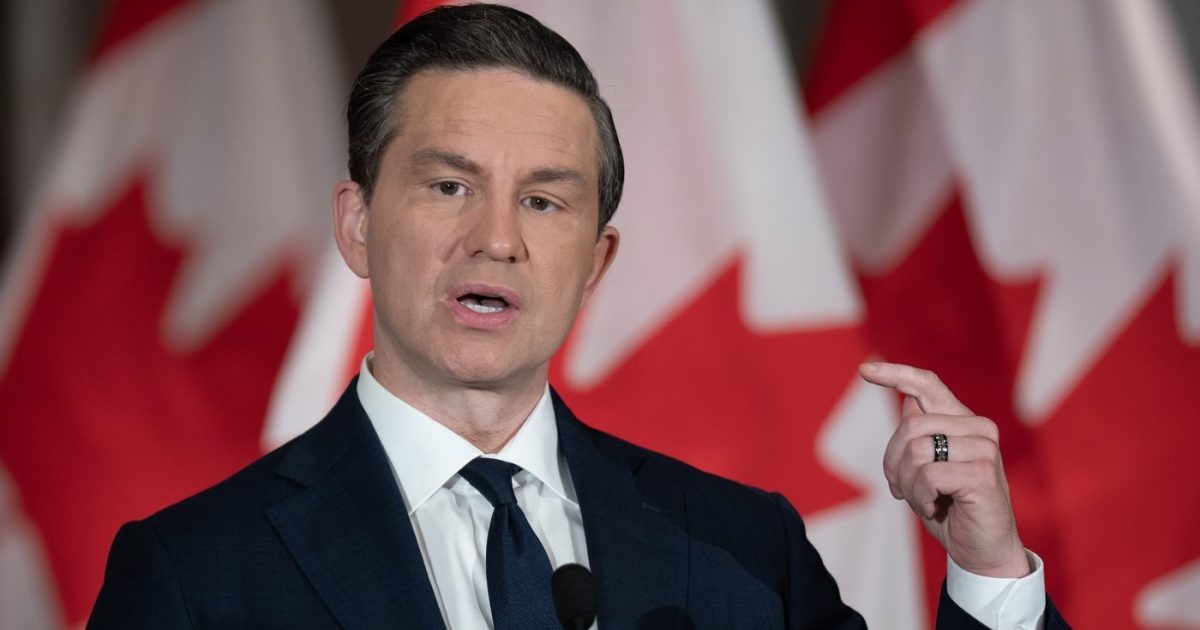- Reaction score
- 16,857
- Points
- 1,160
This was certain one of the concerns I raised upthread:
Poilievre calls for law to block long ballot protests that 'abuse'…
National Newswatch: Canada's most comprehensive site for political news and views.nationalnewswatch.com
Seems reasonable enough as far as solution to this issue.
Bonnie Critchley — who is running as an Independent and pitching herself as an alternative to the Conservative leader, who she argues pushed Kurek out — said she's facing a "backlash" from voters who are worried that she is a "fake out" candidate.
"I don't have a massive team, I don't have backing from millions of people. I have to go door to door within my community and explain to my neighbours that I have nothing to do with you," she wrote on her campaign website.
Michael Harris, who is running for the Libertarian Party, called the protest a "mockery of the democratic process" that "actively hurts serious Independent and third-party candidates."




